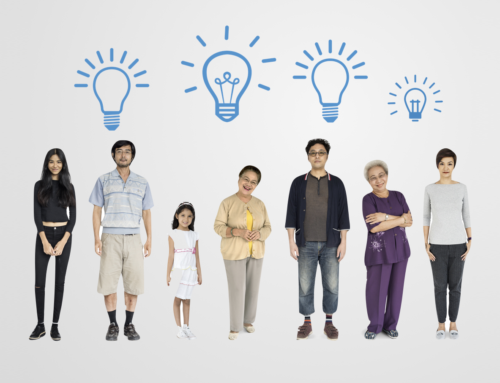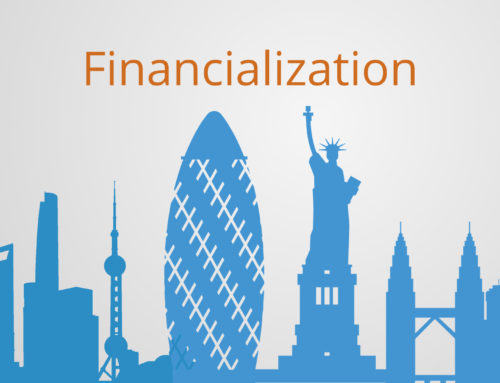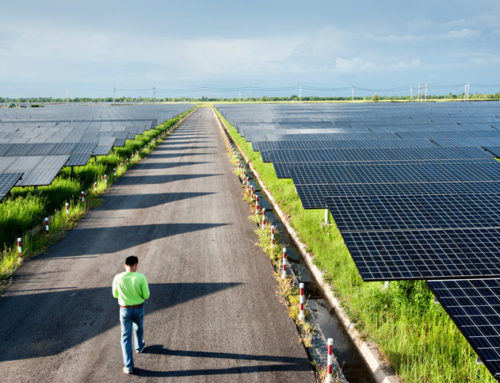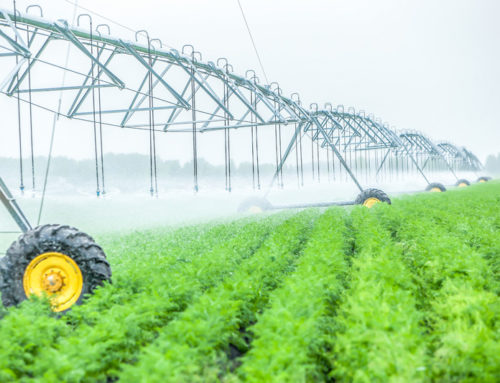Circular Economy Business Models
As we shift from a linear to a nonlinear economic model the circular economy is enabling an ocean of new value opportunities. Value is shifting from forming part of a linear value chain to all of the space around it; closing loops, looking at synergies between industries, connecting end users, managing full lifecycle and networks of collaboration. One of the best examples of the circular economy in action is from the water company Veolia and their urban mining initiative in London. Estelle Brachlianoff, Senior Executive Vice President UK & Ireland for Veolia describes the project as such: “An example of that(the circular economy) is urban mining, we were already collecting and sweeping the streets in London, and other cities in the UK, and this dust was basically landfill. We have developed a process whereby instead of landfilling it we avoid going to landfill for ninety percent of it and we found some palladium and platinum in to those dust…which is a rare metal which is not only very expensive but it is a scarce resource in the world.. basically what used to be waste we have mined it and extracted it and it can go back into another loop of production, that’s a perfect example of the circular economy in action.” Other examples I would like to highlight are from the Circular Awards. The recent Circular Awards by the World Economic Forum is designed to promote some of the most innovative businesses in this space. We have selected just three of what could be considered some of the best circular economy business models out there.
Bundels
Bundles is a startup based in the Netherlands, they provides internet enabled washing machines to their customers, through an as-a-service model. Bundles brings together an ecosystem of companies, energy monitoring, manufacturing, data analytics and customer support companies to create a micro economy with synergistic benefits for all members. By Bundles monitors use, identifies patterns and predicts the need for service or repair by using a smart plug attached to the washing machine that sends usage data to their cloud platform. These insights enable Bundles to help its customers achieve a better laundry performance while cutting energy, water and detergent usage. Customers only pay for clean laundry through a contract business model thus liberating them from the up front costs of paying for the machine. Bundles reduces service and replacement by ensuring optimum use of the appliance over its lifecycle.
Spare to Share
Spare to Share is a company based in Chicago US that has developed a platform for building private collaboration networks within local residential buildings. A web and mobile application connects residents of the building, enabling them to share space, excess items, expertise and activities. Residents may share parking spots, tools, find someone to look after their dog or collaborate on a variety of projects project. The app allows users to keep a list of items they are willing to exchange (share or sell). The platform promotes the circular concept by enabling reuse of one-time use items. It helps lenders generate revenue and borrowers make saving. Spare to Share also taps into the value of social capital by promoting local community.
WISP
Industrial symbiosis is an approach to resource efficiency that enables the productive use of companies’ unused or residual resources such as materials, plastics, logistics, warehouse etc. The Western Cape Industrial Symbiosis Programme (WISP) was launched by the Western Cape Government of South Africa in April 2013. WISP’s group of facilitators provide capacity and technical assistance to help companies identify and progress these new business opportunities in creating synergies. WISP disrupts business models by transforming companies’ view of wastes to one of resources. Since inception, the WISP network has resulted in impressive results in terms of waste reduction, reduction in emissions and economic development.





























